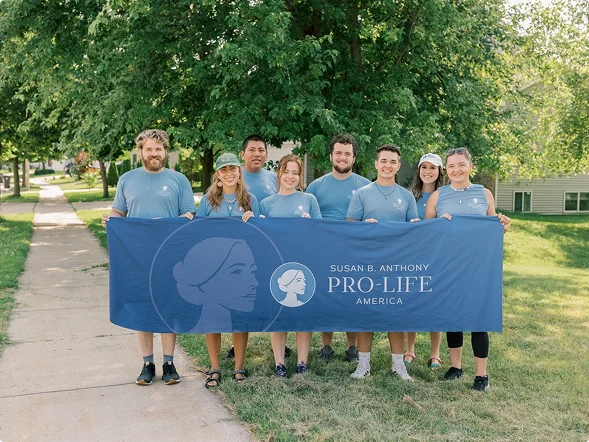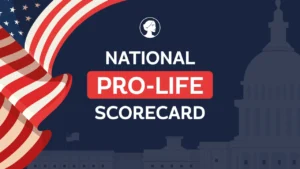ACOG Peddles Disinformation About Pro-Life Laws, Plays Politics With Women’s Lives

Last week, the American College of Obstetricians and Gynecologists (ACOG) called for states to repeal pro-life laws because they “are preventing ob-gyns and other clinicians from providing health care to their patients.” ACOG specifically condemned “attempts to misuse examples of tragic deaths that result from abortion bans” by “groups aiming to advance their harmful anti-abortion political agenda.”
As a board-certified OB-GYN who practices in Texas, a state with a pro-life law, I’m appalled at these claims. Over my 30-year career, I have cared for pregnant women and delivered over 5,000 babies. After Texas enacted its pro-life law, the quality medical care I provide did not change nor has the law prevented me from caring for my patients, even in cases of pregnancy emergencies.
I am not alone in this understanding of the law. Under every pro-life law, physicians can intervene to save women’s lives in pregnancy emergencies. In fact, according to a recent Texas Health and Human Services Commission report, physicians reported 116 abortions for medical emergencies and physical health between July 2022 and May 2024.
The Supreme Courts of Texas and Idaho have further clarified that the threat does not need to be “immediate” or death “certain” before a physician may intervene. Prior to the Dobbs decision that overturned Roe v. Wade, many religiously-based hospital systems did not allow elective abortions, but had—and still have—protocols in place to assist doctors in decision-making and documentation if an abortion was necessary to protect a mother’s life. These protocols were followed without confusion before Dobbs…
Continue Reading at Townhall















